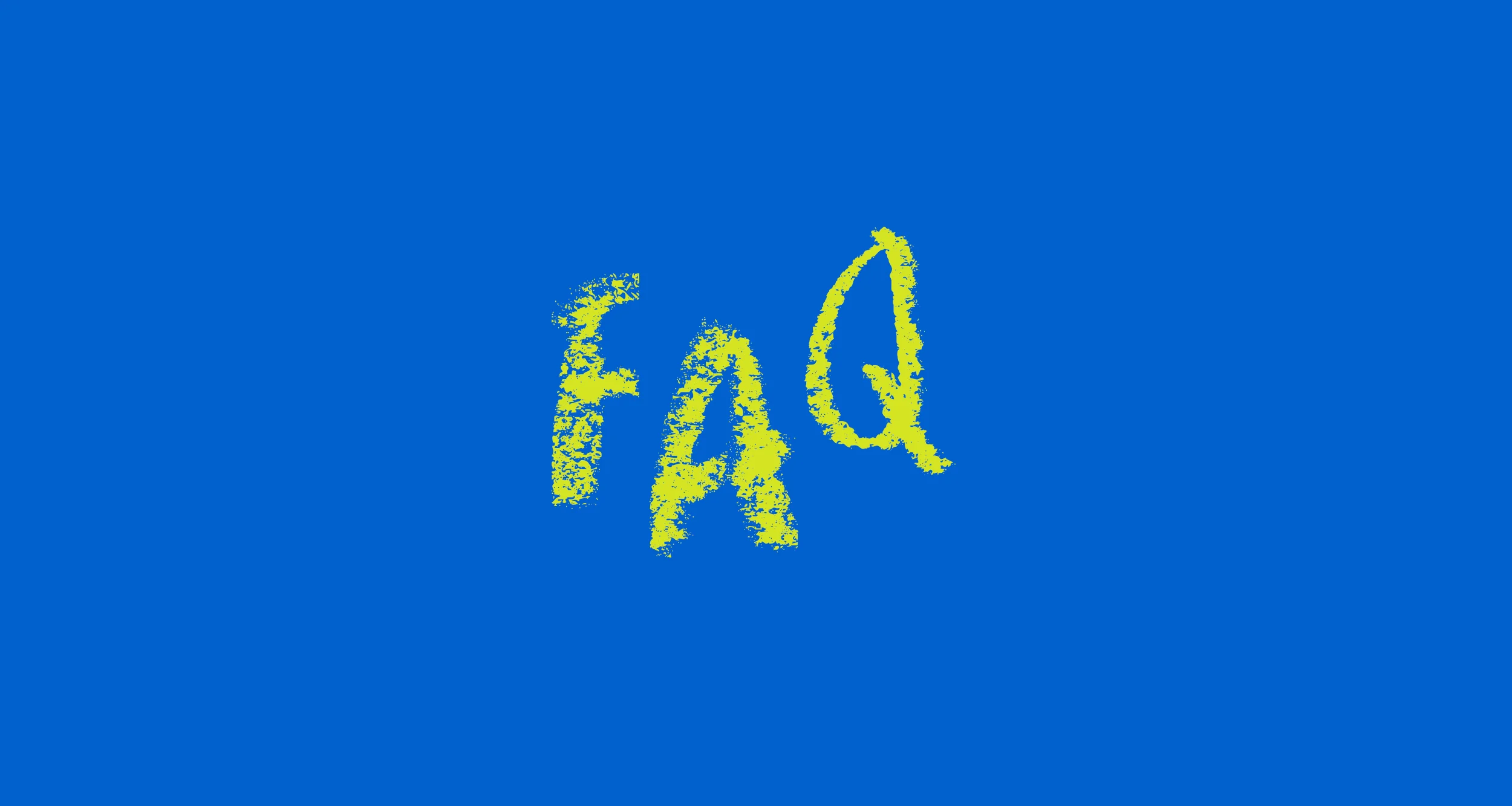I get asked this question all the time, often by journalists. (I won’t name any names, but a pretty well-known journalist once asked me how Peter Van Houten felt about my depiction of him.)
An Imperial Affliction is not a real book, and Peter Van Houten is not a real person.
However, An Imperial Affliction is in some ways based on two books I love. The first is David Foster Wallace’s Infinite Jest. Most of the references Hazel and Augustus make to AIA are related in some way to something from Infinite Jest, and I wanted readers of IJ to be able to make those comparisons.
But Infinite Jest is not about cancer. Peter De Vries’ amazing and beautiful and hilarious novel The Blood of the Lamb IS about cancer, and most of the broad observations that Hazel makes about An Imperial Affliction—how it is a book about cancer without it being a cancer book, how is is funny and respectful and reflects the reality of experience in a way she has rarely encountered—come from my own experience reading The Blood of the Lamb.
I can’t make An Imperial Affliction real. It’s not the kind book I could write well, and on some level, the thing that we imagine will always be better than any real approximation of it that might come to exist.
But if you wish to read An Imperial Affliction, I’d encourage you to read Infinite Jest and The Blood of the Lamb and then try to blend the feeling of those two books.
